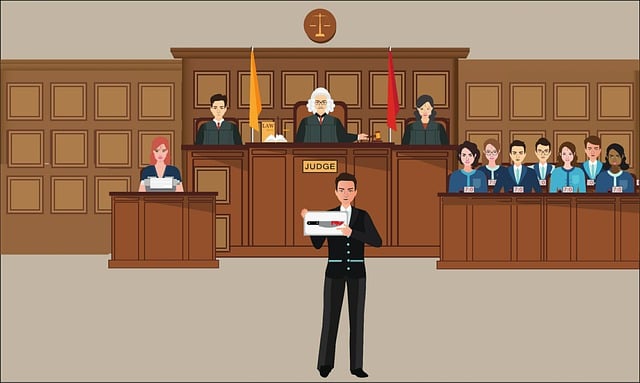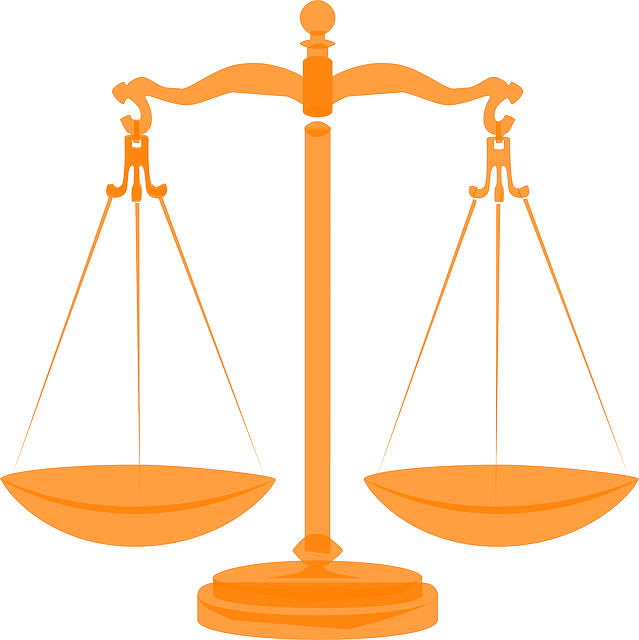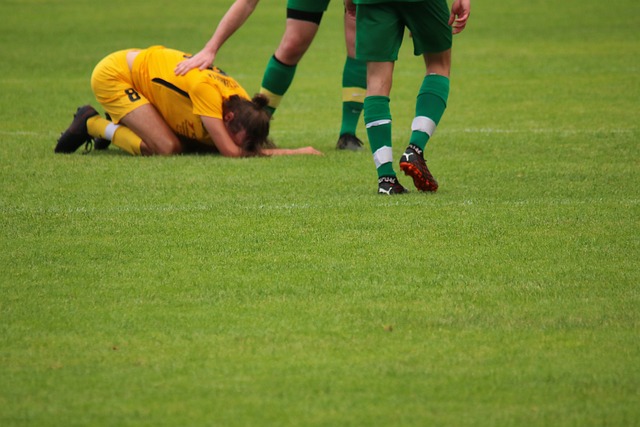Emergency room (ER) misdiagnoses often result from communication issues, rushed assessments, and errors in examination or data interpretation, leading to severe patient outcomes. ER error lawyers tackle cases involving negligence, delayed treatment, medication mistakes, and inadequate monitoring, advocating for compensation. Drug interactions pose significant risks, especially for elderly patients, prompting emergency room error lawyer expertise in medical malpractice claims and elder abuse related to medication management.
“In the high-pressure environment of emergency rooms (ERs), medical errors can have devastating consequences. This article delves into the common causes behind ER misdiagnosis and injuries, exploring how negligence in patient care protocols and drug interactions contribute to potential medical malpractice cases. Understanding these origins is crucial for both healthcare professionals and informed patients, especially when considering legal recourse with an emergency room error lawyer.”
- Common Causes of ER Misdiagnosis and Injuries
- Negligence in Patient Care Protocols
- Medical Malpractice from Drug Interactions
Common Causes of ER Misdiagnosis and Injuries

In many cases, emergency room (ER) misdiagnosis and subsequent injuries stem from a few prevalent causes. One of the primary issues is communication breakdown between medical staff, patients, and their families. This can lead to delays in treatment or inaccurate diagnoses, especially when crucial information about the patient’s medical history, current medications, or allergies isn’t effectively conveyed. Another significant factor is the fast-paced nature of ER environments; while speed is vital for life-saving measures, it may result in rushed assessments and potential oversights.
Er error lawyers often see cases where professionals fail to perform thorough examinations, disregard abnormal test results, or misinterpret complex medical data. These mistakes can have severe consequences, affecting a client’s recovery and even leading to long-term health issues. In some instances, product liability may come into play if a misdiagnosis is linked to faulty medical equipment or devices. Similarly, employment contracts within healthcare institutions should mandate robust training programs and continuous professional development to mitigate errors arising from inexperience or knowledge gaps.
Negligence in Patient Care Protocols
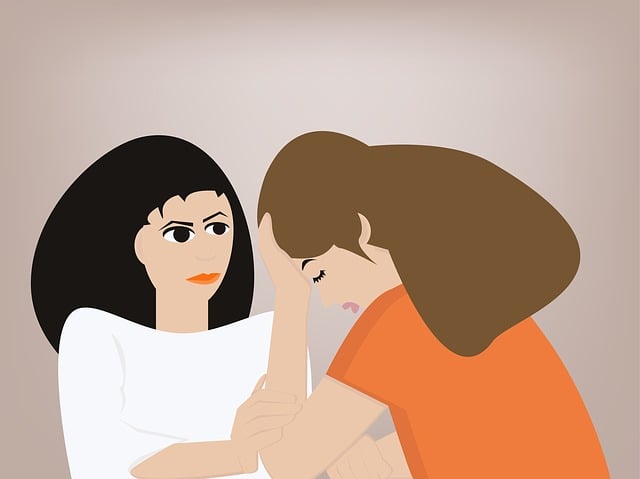
In many cases, emergency room error claims stem from negligence in patient care protocols. Medical professionals have a duty to provide prompt and adequate treatment, and any deviation from established standards can lead to severe consequences for patients. These errors may include misdiagnosis, delayed treatment, medication mistakes, or inadequate monitoring, all of which can be prevented with proper training, equipment, and adherence to protocol.
Emergency room lawyers often encounter cases where healthcare providers fail to follow evidence-based practices, resulting in harm to patients. Insurance coverage disputes are common, as homeowners’ insurance claims or car accident lawyer consultations may not adequately compensate victims for the pain, suffering, and long-term effects of these medical errors. Understanding the root causes of emergency room errors is crucial in holding accountable those responsible and ensuring patient safety remains a top priority.
Medical Malpractice from Drug Interactions
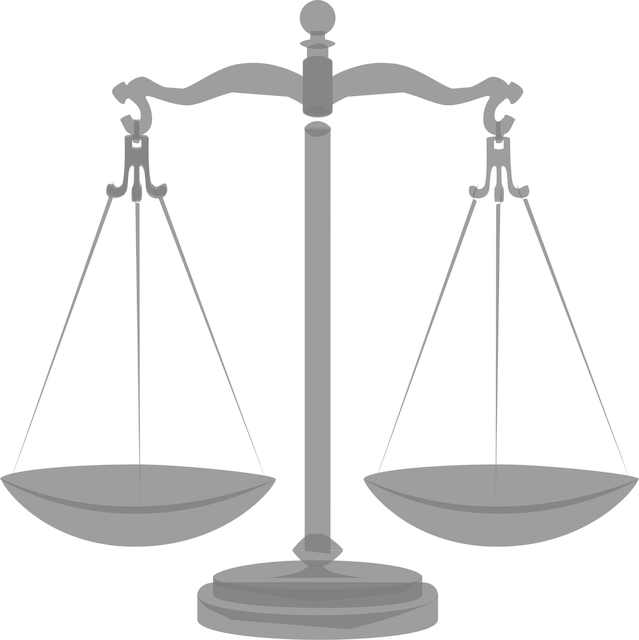
Medical malpractice from drug interactions is a significant concern within emergency room settings, often leading to serious patient outcomes and legal repercussions. Many emergency room error claims involve misprescriptions or adverse reactions due to complex medication regimens. Elderly patients are particularly vulnerable, as their bodies may process medications differently than younger individuals, exacerbating the risk of harmful interactions. An emergency room error lawyer can help victims navigate these complexities, pursuing justice and compensation for damages resulting from such medical mistakes.
Accident settlements related to drug interactions highlight the importance of proper monitoring and communication among healthcare providers. Negligence in these areas can lead to severe accidents and injuries, prompting families to seek recourse through legal channels. In case of suspected elder abuse involving medication management, an accident attorney specializing in medical malpractice can guide victims and their loved ones through the legal process, ensuring they receive the support and justice they deserve for adverse effects stemming from mismanaged drug interactions.
Many emergency room error claims stem from misdiagnoses, negligence in patient care protocols, and adverse drug interactions. Understanding these common causes is crucial for both patients and emergency room error lawyers in navigating potential medical malpractice cases. By recognizing these issues, healthcare facilities can improve their services, ensuring safer and more accurate treatment for all patients who enter their doors. For those seeking justice and compensation due to ER errors, consulting with an experienced emergency room error lawyer is a vital step towards achieving the resolution they deserve.
